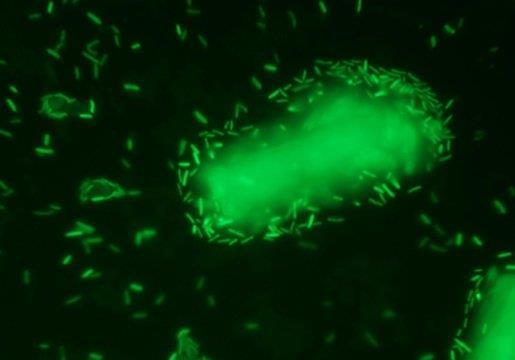Major scientific progress with a biofuel that has a future
Singapore
Thursday 12 April 2018
FJ
The bacterium TG57 that has the capacity to transform cellulose into biobutanol (photo NUS edu sg).
Singapore. Biofuel production is seen as a damaging activity, rivaling food crops, but the discovery of researchers at NUS (National University of Singapore) will change the game. A bacterium from mushroom crop residues could be the key to biofuel production.
NUS scientists had isolated, after harvesting fungi, a natural bacterium called Thermoanaerobacterium thermosaccharolyticum (TG57) in 2015. Since then, researchers have been producing cultures of the strain to test its properties. They have just discovered that when added to cellulose - a plant material - the bacteria can directly turn cellulose into biobutanol. Biobutanol that can replace gasoline.
The team plans to optimize the performance of strain TG57 to increase biobutanol production.
This discovery is a major breakthrough for the biofuel of the future that would no longer compete with food crops (areas, resources). Unprocessed cellulosic materials such as plant leaves are abundant, environmentally friendly and economically viable.
source : news.nus.edu.sg, siliconrepublic.com





